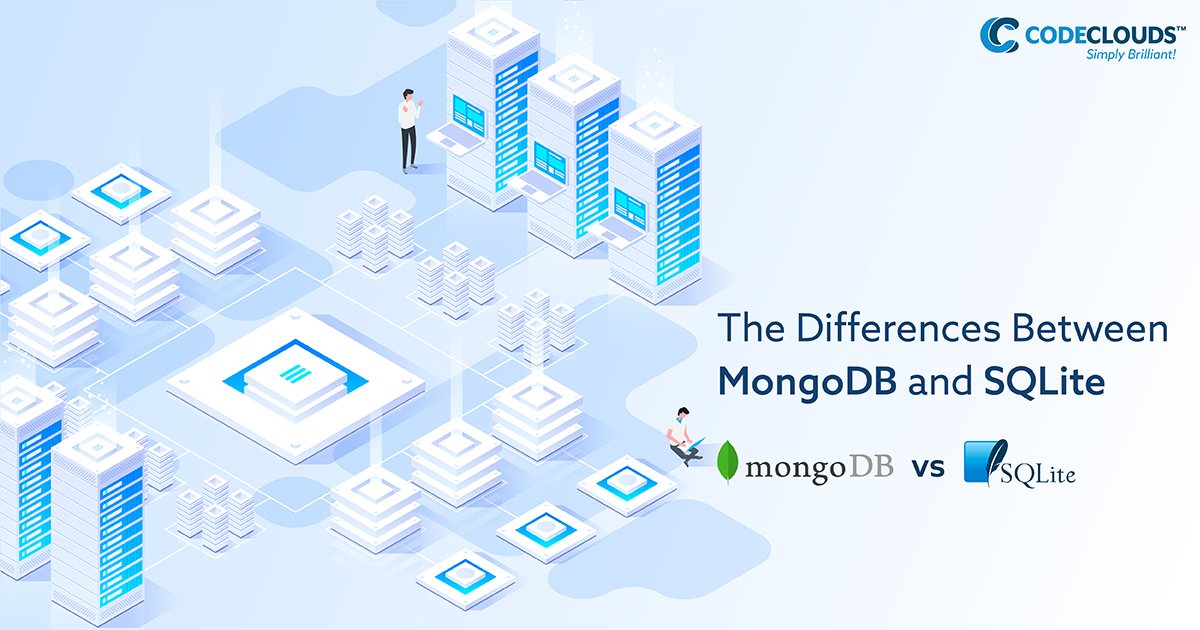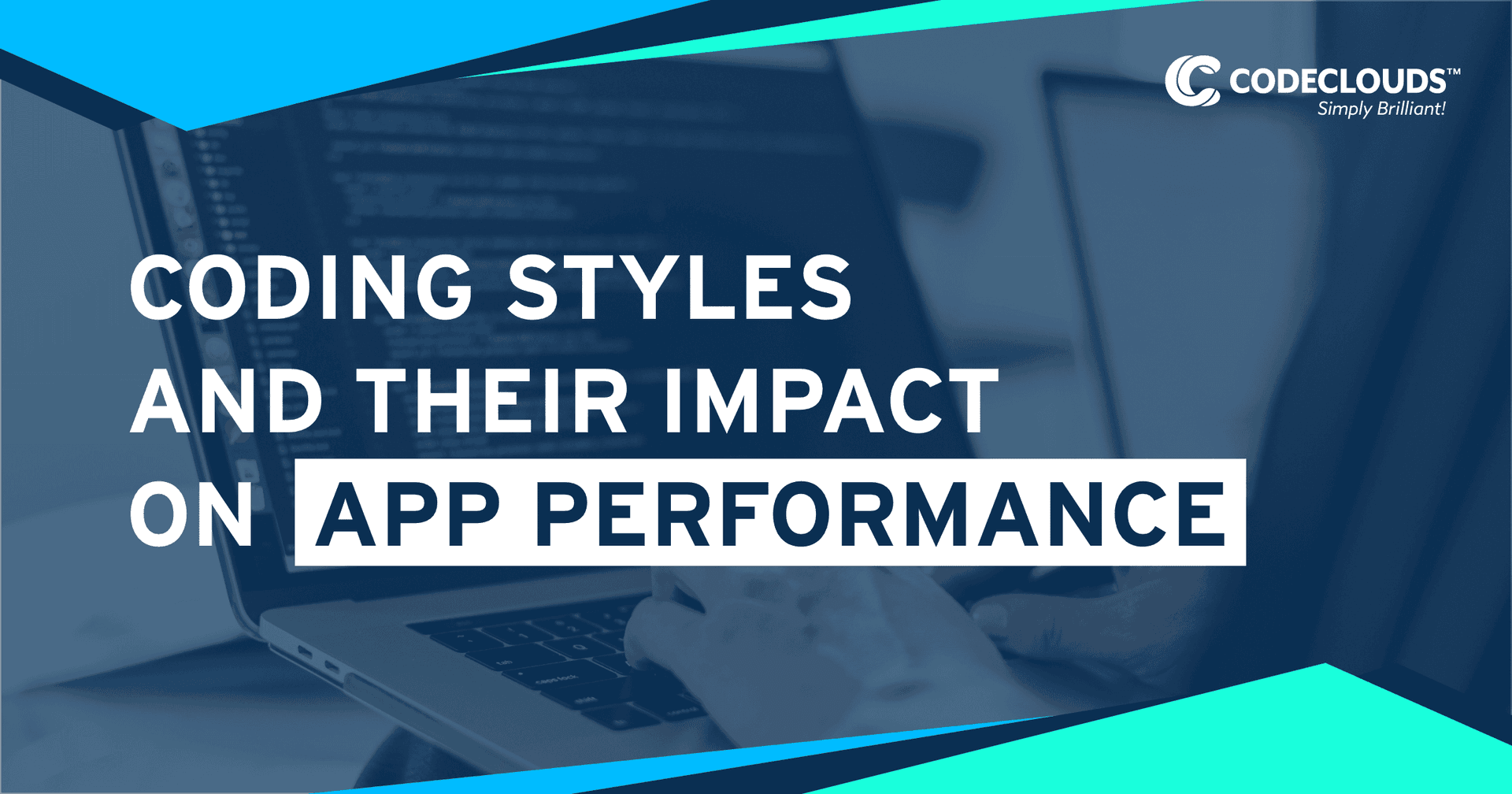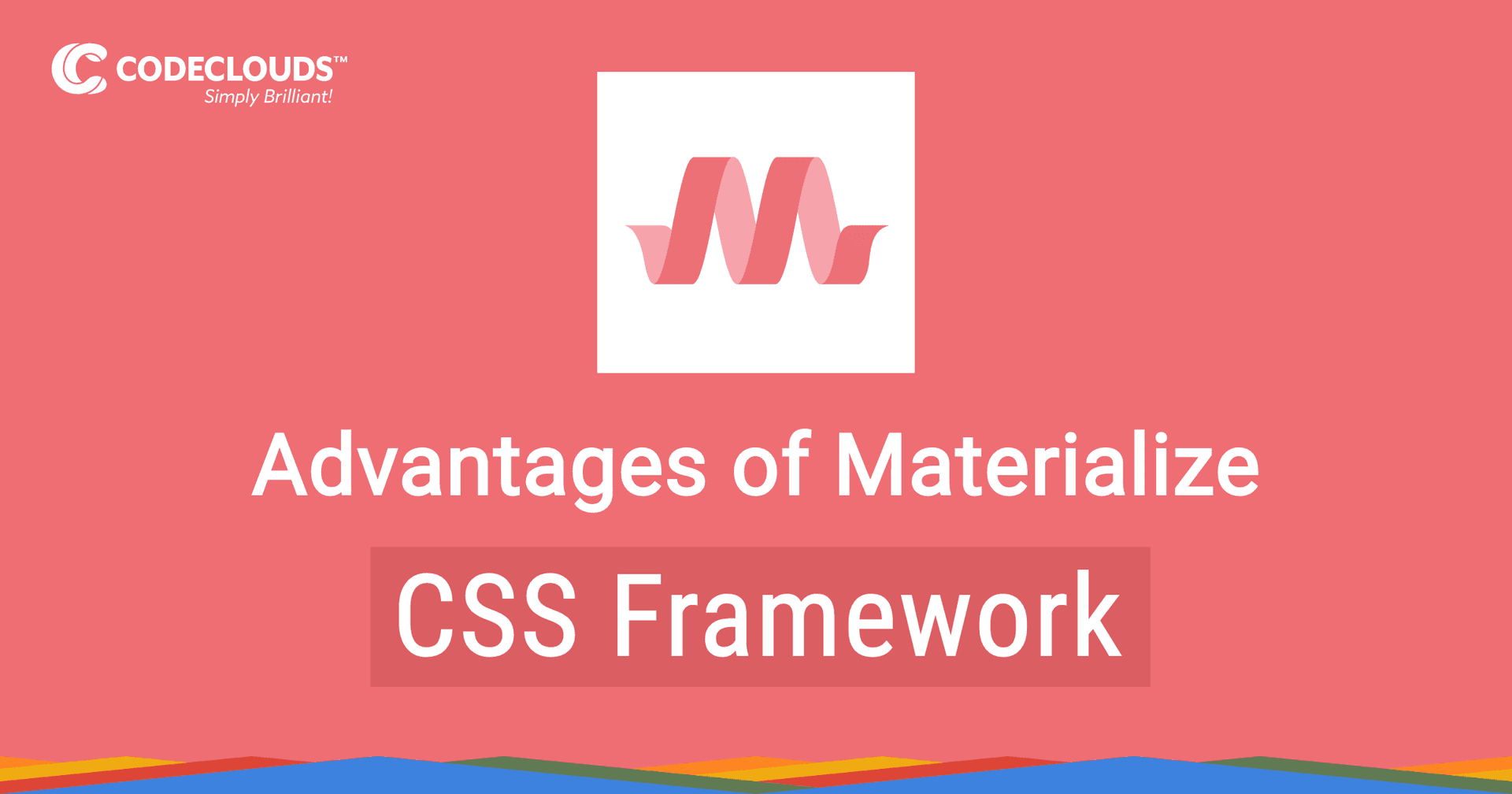Our MongoDB Database Developers for Hire
Full Stack Developer
- jQuery
- Flutter
- Node.js
- Next.js
- PostgreSQL
Full Stack Developer
- React
- Python
- Node.js
- Shopify
- 29 Next
- sticky.io
- PostgreSQL
- Response CRM
Web Developer
- Docker
- Next.js
- PostgreSQL
Web Developer
- Python
- Shopify
- Ghost CMS
- JavaScript
- Konnektive CRM
Back-End Developer
- Python
- Kotlin
- Node.js
- ASP.NET
- Shopify
- ExpressJS
- Response CRM
- Adobe Commerce
Web Developer
- Python
- Node.js
- Shopify
- ExpressJS
- sticky.io
- Adobe Commerce
Senior Web Developer
- MySQL
- Vue.js
- Docker
- Laravel
- Shopify
Back-End Developer
- PHP
- SQL
- Kotlin
- Magento
- Vrio CRM
- WordPress
- Sublytics
- WooCommerce
- Response CRM
- Microsoft Azure
Team Lead
- Zoho
- Kotlin
- Docker
- ASP.NET
- Angular
- Google Cloud
- Digital Ocean
Full Stack Developer
- Python
- Tableau
- Nuxt.js
- Symfony
- Vrio CRM
- Sublytics
- WooCommerce
- Codeigniter
- Response CRM
Full Stack Developer
- Java
- Ionic
- Stripe
- Docker
- Magento
- Node.js
- Nuxt.js
- Shopify
- Vrio CRM
- Sublytics
- Codeigniter
- Digital Ocean
Architect (Database)
- MySQL
- Python
- Docker
- ASP.NET
- Digital Ocean
- Microsoft Azure
Full Stack Developer
- jQuery
- Flutter
- Node.js
- Next.js
- PostgreSQL
Full Stack Developer
- React
- Python
- Node.js
- Shopify
- 29 Next
- sticky.io
- PostgreSQL
- Response CRM
Web Developer
- Docker
- Next.js
- PostgreSQL
Web Developer
- Python
- Shopify
- Ghost CMS
- JavaScript
- Konnektive CRM
Back-End Developer
- Python
- Kotlin
- Node.js
- ASP.NET
- Shopify
- ExpressJS
- Response CRM
- Adobe Commerce
Web Developer
- Python
- Node.js
- Shopify
- ExpressJS
- sticky.io
- Adobe Commerce
Find MongoDB developers near me
See more MongoDB experts
Sign up and fill out the form for an account. Our team will then contact you and schedule a time to chat!
When we know more about your project, we’ll build you a team with the skills you need for success.
Your talent will start working with you on your projects. Need more talent? Scale your team in an instant!
Clients trust our expertise
Why hire our MongoDB database developers?
Vetted Talent
Only the best make it through our rigorous vetting process.
Affordable Quality
Save 40% when hiring remote talent compared to in-house.
Grow On-Demand
Get additional talent on your team in an instant without disruption.
100% Transparency
Know when your team is working and their progress each day.
Seamless Collaboration
We match your timezone with a minimum of 4 hours overlap.
Risk & Obligation-Free
Get the very best outcome without hassle or constraints.
* Additional costs apply
Top skills similar to MongoDB
In need of additional talent to complete your MongoDB team? Here are a few skills which typically go hand-in-hand with MongoDB development.
Similar MongoDB Skills












